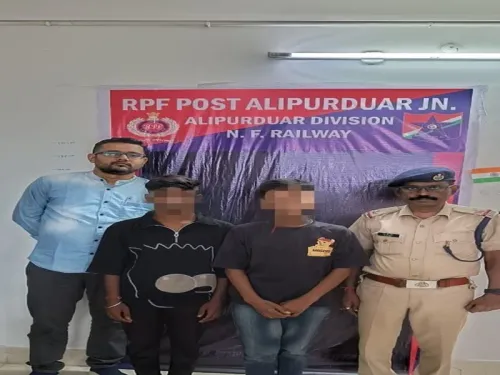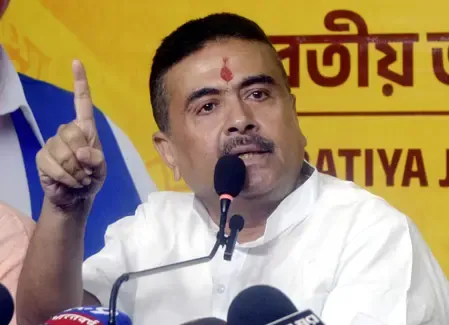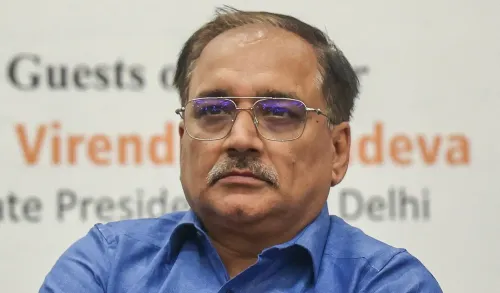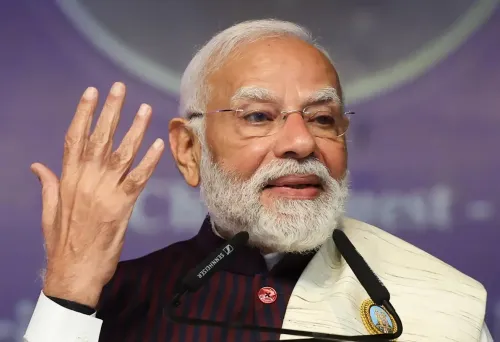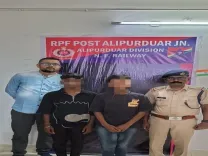Did Allahabad HC Uphold Keshav Prasad Maurya's Degree Validity?

Synopsis
Key Takeaways
- High Court upheld lower court's ruling
- Petitioner lacked legal standing
- Allegations of forged documents denied
- Political integrity remains a critical issue
- Importance of credible evidence highlighted
Prayagraj, July 7 (NationPress) The Allahabad High Court has rejected a criminal revision petition against Uttar Pradesh's Deputy Chief Minister Keshav Prasad Maurya, which questioned the validity of his educational qualification. A single-judge bench, led by Justice Sanjay Kumar Singh, determined that the petitioner, Diwakar Nath Tripathi, was neither a victim nor an affected party, thus he did not possess the legal standing to pursue criminal action.
Tripathi had alleged that Maurya presented a forged degree to obtain a petrol pump allocation and to participate in elections. He sought the filing of an FIR and a thorough investigation.
After deliberating on the arguments from both parties, the court had reserved its decision on May 25, and the ruling was made public on Monday.
This case traces back to 2021 when Tripathi petitioned the district court under Section 156(3) of the CrPC, requesting an FIR registration.
He claimed that Maurya had submitted false affidavits concerning his educational qualifications during the elections of 2007, 2012, and 2014, and had utilized forged documents to acquire petrol stations from Indian Oil Corporation.
The trial court dismissed his request on September 4, 2021, concluding that no cognizable offence was established against Maurya. Consequently, Tripathi's appeal was denied.
Following this, Tripathi approached the High Court with a criminal revision petition, which was initially dismissed due to a delay of 318 days.
Nonetheless, on January 6 this year, the Supreme Court overturned the High Court’s order, mandating it to evaluate the case on its merits.
Upon reviewing the matter, the High Court confirmed the lower court's ruling, emphasizing that only someone directly affected has the right to initiate criminal proceedings in such contexts.

